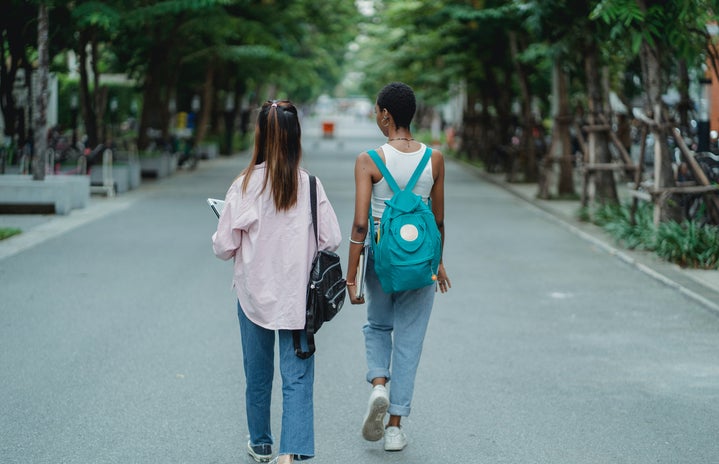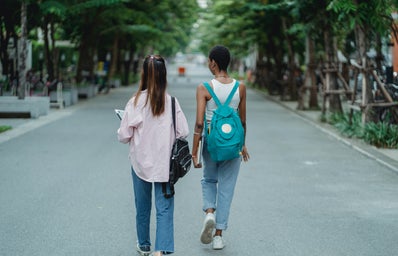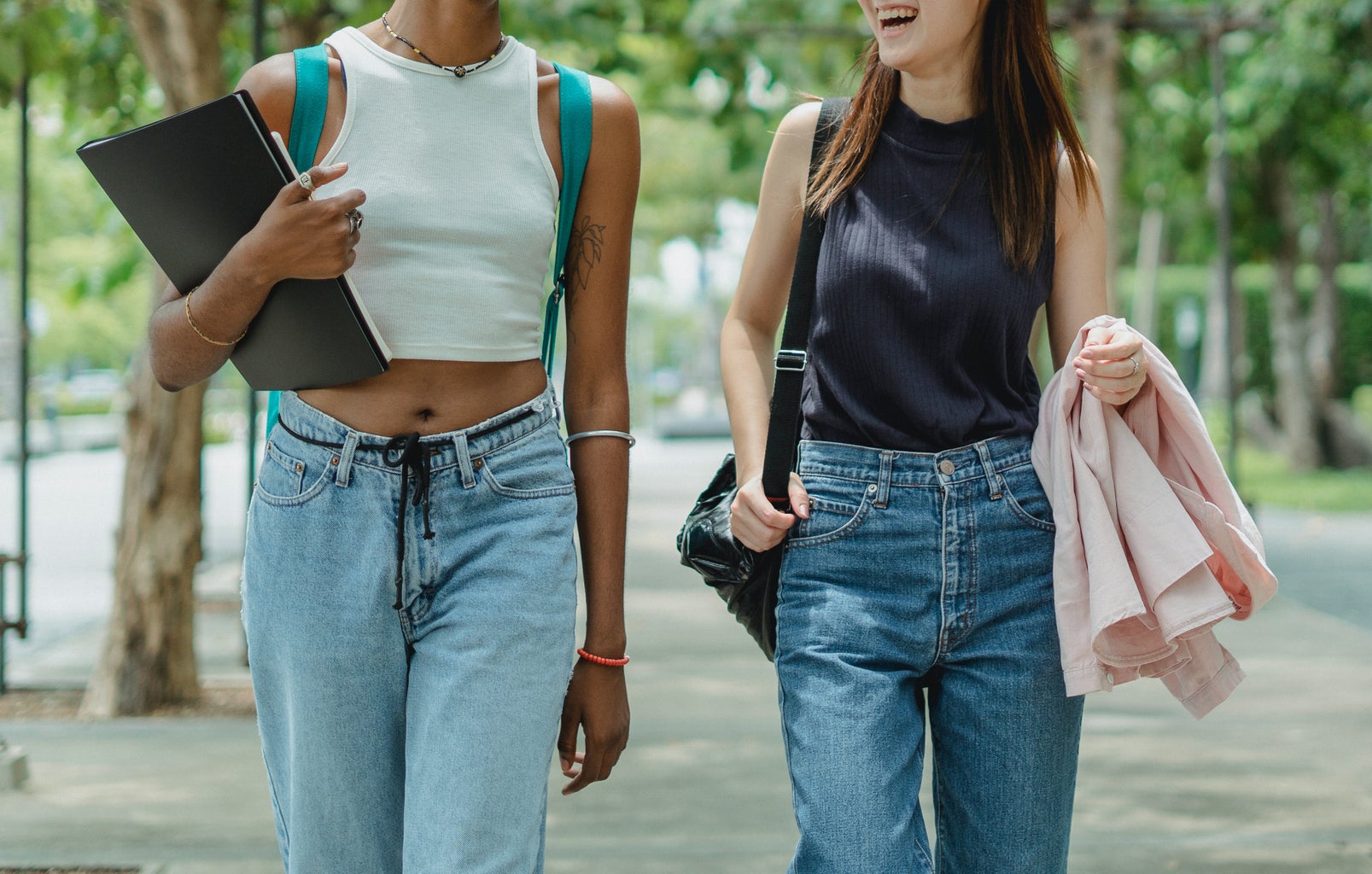I’ve always been an open book. I like to share the wins, the losses, the struggles, etc. with my friends and family. I trust their judgment and seek advice, support, and reassurance from them in my times of celebration and need. And up until college, I felt like the people I surrounded myself with acted similarly — willing to share, asking for advice, and being vulnerable. It wasn’t until college that I encountered people who acted otherwise.
While I was amidst people who considered themselves “private,” I was caught off guard by the lack of sharing about our lives. I had difficulty comprehending how I was going to spend the next four years with people I didn’t know deeper information about. I began questioning my boundaries. Do I overshare? Am I prying too much? Is being a “private” person the norm? I was unsure as to what I could and couldn’t ask my friends about. Am I allowed to ask you about your relationship? Are you comfortable talking about your family? I became extra cautious as I got to know my friends, as I didn’t want them to feel like I was being disrespectful of their boundaries.
Moving forward, my friends who were private about their lives slowly but surely started opening up. They may not have shared every detail, but they were willing to talk about and express the highs and the lows they faced. As I was slowly getting to know them on a deeper level, I noticed a change in myself. I was starting to meet them in the middle. Being an open book turned into tearing out selective pages of my life to share. I didn’t feel comfortable sharing so much about myself when that was not the “norm” created in my friend group. At some point, I would share my academic stress, my relationship anxiety, and all of the above, but now I didn’t feel inclined to do so. Without people around me willing to share those details about themselves and unwilling to be responsive when I do so, I started becoming a more private person.
It’s a mixture of feeling sad that I’m held back from telling my friends everything and a feeling of maturity, that maybe, this is what relationships evolve into as we grow older. I became more cognizant of personal boundaries, of differing levels of openness, and of the fact that it’s OK for not everyone to share so many details about their lives as I do. But more importantly, I believe it showed me what I truly value in my friendships — reciprocal vulnerability. Rather than sparking social anxiety and a shutdown of feelings, I want to be surrounded by energy that encourages me to be vulnerable and is accepted with open arms. In the same light, I want my friends to validate our friendship with the same vulnerability. I want friends who are willing to open up to me as I do with them. I want to bond over the deeper things that connect us, rather than tiptoeing around different aspects of our lives. Without it, I don’t feel like I would be staying true to myself or creating authentic connections.
As we grow older, move to new places, and meet new friends, we start to become more selective of who we want to be amidst our very busy fast-changing lives. There’s nothing wrong with wanting to be more reserved and there’s nothing wrong with being open. What it comes down to, is finding people that balance those traits so that you grow as a friend and a person.




